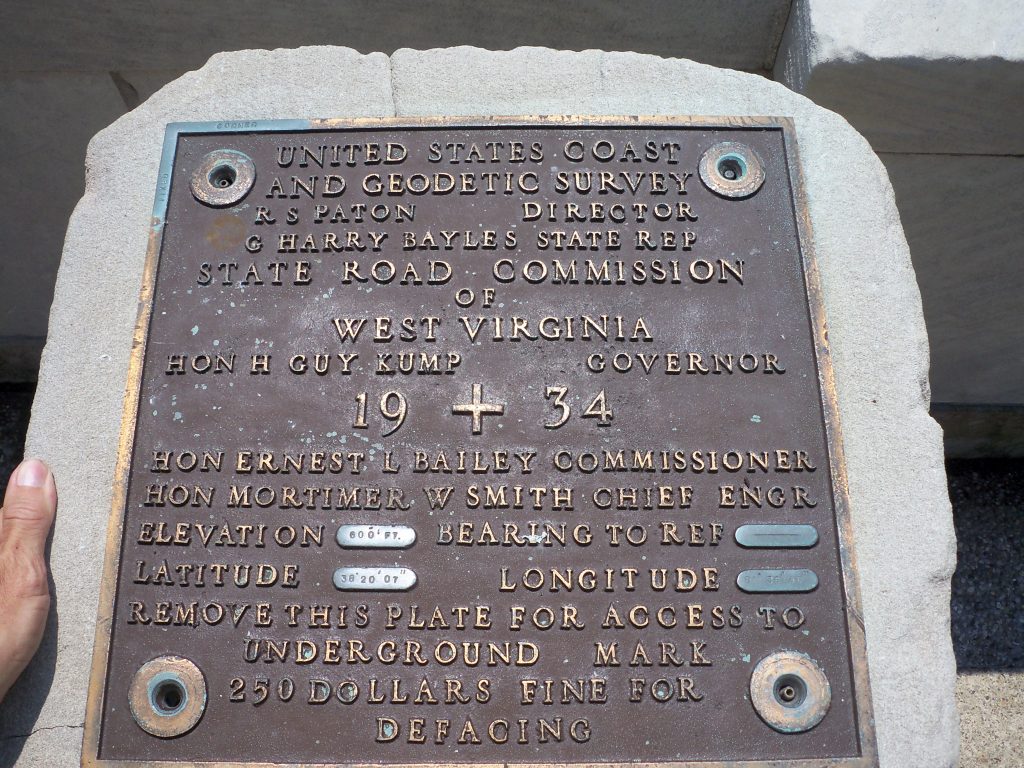$250 back then was a heap o’ cash. Don’t deface…
Friday, 8 December 2023
“And when the blood of Your martyr Stephen was shed, I also was standing by consenting to his death, and guarding the clothes of those who were killing him.” Acts 22:20
Note: You can listen to today’s commentary courtesy of our friends at “Bible in Ten” podcast. (Click Here to listen)
You can also read this commentary, with music, courtesy of our friends at “Discern the Bible” on YouTube. (Click Here to listen), or at Rumble (Click Here to listen).
Paul has been defending his conversion and adherence to the Way based on his life prior to his conversion. He continues that thought now, saying, “And when the blood of Your martyr Stephen was shed.”
Paul uses the word martus to describe Stephen. Some translations say “martyr,” while others “witness.” Either is correct, depending on the context. It is generally believed that the use of “martyr” came later. Therefore, “witness” is probably a better rendering for this account.
Also, as he is speaking to a congregation about the events that occurred and of which they would have been familiar, the idea of Stephen having been a witness seems more appropriate. However, by the time Revelation was written, “martyr” was probably more in use and is probably a correct translation for Revelation 2:13, although even there, “witness” is possible. Of Paul’s conduct at the time of Stephen, he next says, “I also was standing by consenting to his death.”
Paul ensures that the account of Stephen is conveyed to them with exacting detail in order to show them the extent of his zeal before his conversion. He was willing to consent to the murderous act of a person because of his belief that it was the right thing to do. He was part of a crowd, not unlike those now standing before him, looking for the blood of the accused.
Paul’s words are an attempt to show them that just what they were engaged in is what he previously engaged in and for essentially the same reasons. Therefore, there must have been a change in him that converted him to the stand he now took. As for his actions at Stephen’s death, he next says, “and guarding the clothes of those who were killing him.”
These were the outer garments of the people who stoned him. Today, we might take off our jackets if we are going to engage in an activity that needs labor or precision of movement. This is true with the outer garments of the Jews. They were flowing and cumbersome for such activities.
Therefore, the people would have removed them and placed them near someone trustworthy to watch them. The meaning is that even if Paul did not pick up stones and cast them at Stephen, he was complicit in Stephen’s death through his actions, approving of what was occurring and giving the death a better opportunity to come about.
Life application: Paul was a part of the execution of Stephen, even if he never cast a stone. There are ways that groups of people can execute someone where no one person is directly responsible for the person’s death.
For example, if a hundred people lined up and each punched someone, none of them might land a death blow, but the person would die from the many blows he received. The same is true with death by a thousand cuts. One little cut on the skin may not kill someone, but when a person is cut many times, he will not survive.
Such actions reveal to us that we may know something is wrong, but we will take various legal or quasi-legal avenues to make it happen, thus trying to find a way of exonerating our consciences from the guilt of what we are doing. This may occur in divorce situations, business dealings, and so forth.
These types of things show us that there is a problem in man that already exists. It is the infection of sin. It is in our lives, and it permeates ourselves and our societies. We all bear guilt for many things that occur. An example of this is found in the law –
“So you shall not pollute the land where you are; for blood defiles the land, and no atonement can be made for the land, for the blood that is shed on it, except by the blood of him who shed it.” Numbers 35:33
This is a statement that is found in the law, but it follows from a general principle about the nature of God. That can be deduced from other verses that speak of such things in relation to the inhabitants of the land prior to Israel’s entry.
As this is so, we collectively bear guilt when we allow murderers to walk free. Abortion is something that cannot be excused, and yet we pass laws allowing it to happen, as if a human law can override a God-centered principle. When we vote for those who will pass such laws, we bear direct responsibility for such deaths.
The only way to be free of such sin debt is to come to Jesus and be cleansed. Only through the atonement of His precious shed blood can we ever find restoration with God because of the sin debt that we bear. And when that restoration is made, it is an eternal restoration. Therefore, let us not disgrace what God in Christ has done for us by continuing in sin.
Rather, let us be grateful for His gracious atonement and live for Him according to holiness. May we have this attitude, to the glory of God who saved us.
We praise You for Your goodness to us Lord God Almighty! Thank You for the forgiveness we have been granted because of the work of Jesus. May we live out our lives in gratitude and holiness all our days. Praises to You for JESUS! Amen.

